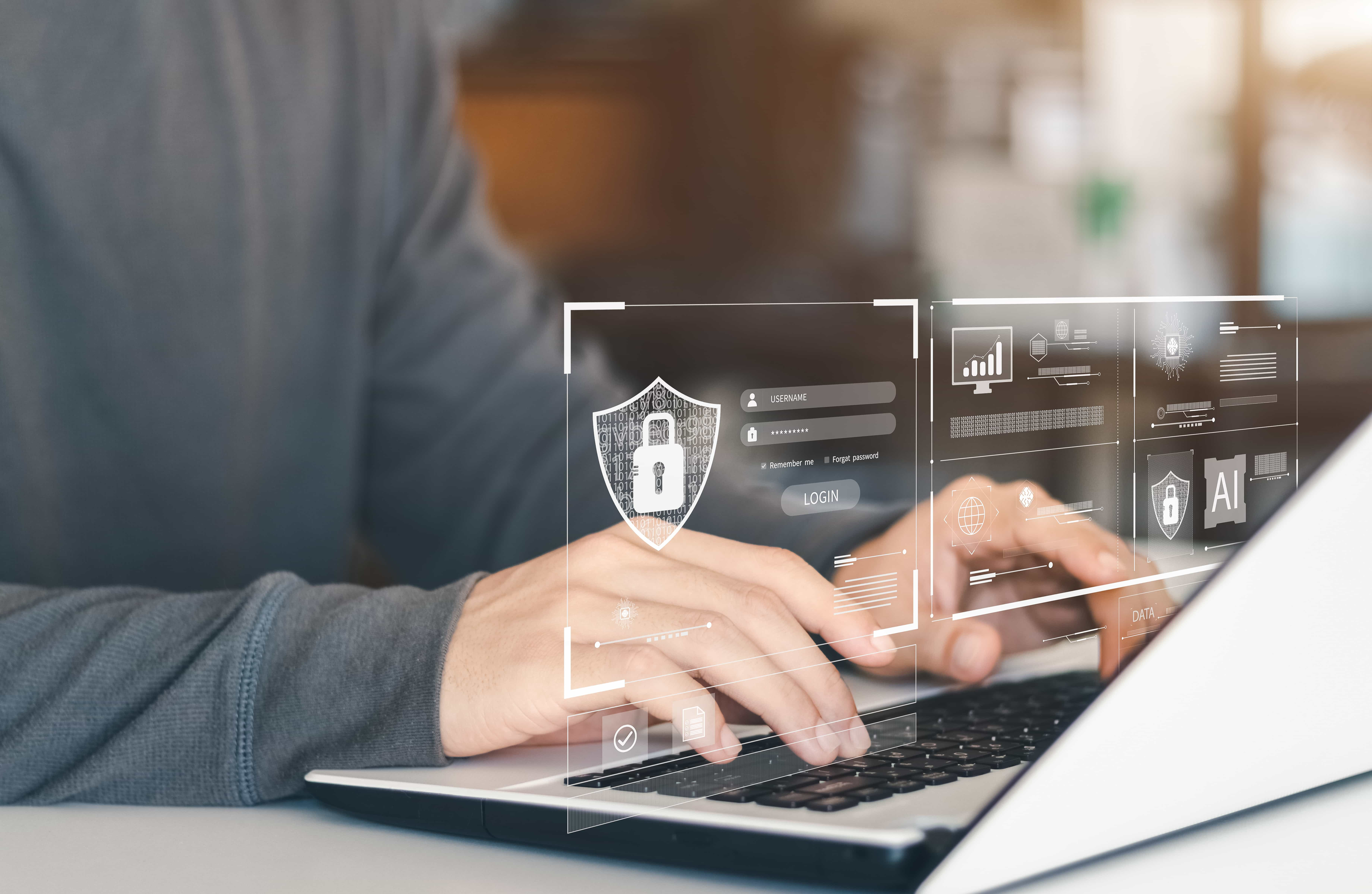A cybersecurity program is a strategy to protect an organization’s data, applications, end points and networks. For many companies, these are the most important assets; therefore, a breach could have damaging and far-reaching consequences.
Many companies do not see the need for additional security software. They might think that if their employees do most of their work using SaaS tools via a web browser, and their laptops are running the latest version of Windows or macOS, then additional security precautions will be expensive and unnecessary.
While security might be built into a number of applications, it’s often not enough. Further, companies looking to scale — not just acquire new customers but also enter new markets — need to take cybersecurity much more seriously. Let’s have a look at five reasons your company needs a cybersecurity program.
5 Reasons Your Company Needs a Cybersecurity Program
1. You prepare for a cyberattack before it happens.
Dealing with the aftermath of a breach or attack can be disruptive for all stakeholders. Companies design and implement cybersecurity programs in order to stop attacks before they escalate and inflict damage. This is perhaps the single biggest reason to consider one.
“Damage to an affected organization can be greatly mitigated with a strong cybersecurity program,” notes Paul Kirvan in TechTarget SearchSecurity. “Prudent investments in cybersecurity software, hardware and perimeter protection systems — for example, firewalls and intrusion prevention systems — can turn a potential business-killing attack into an easily handled minor event.”
2. Your clients want to know that their information is safe.
Some companies mistakenly think that a cybersecurity program is just to protect their internal assets. This is not the only use case. Nowadays, an organization’s assets include customer data or customer-facing end points.
An investment in a cybersecurity program is therefore an investment in protecting your customers’ assets.
3. You will be equipped to enter new markets or industries that require stronger security protocols.
Off-the-shelf security, or the security that companies think is inherent in cloud-based apps such as Google Docs and mobile operating systems, may not cut it for some industries.
For example, HIPAA for health care and PCI DSS for the payments industry require that companies have certain protocols and policies in place in order to carry out operations.
4. Hybrid work environments require new security procedures.
The post-pandemic rise of hybrid work environments means that employees are using a range of devices and home networks to get their work done, including handling sensitive customer data.
A cybersecurity program is necessary to ensure the uniformity of security procedures. This reduces the risk of misuse or compromise; it also reduces errors. As many as 90% of data breaches are caused by human error, according to research by Kaspersky Lab.
5. Cyberthreats are on the rise and are getting costly.
Cyberthreats continue to grow in complexity and volume. Ransomware hacking groups are also getting greedier and more aggressive. The average ransomware payment climbed 82% from 2020 to a record $570,000 in the first half of 2021, according to Palo Alto Networks.
Compounding the threat is the steady rise in the number of ransomware attacks that include a threat to publish stolen data — 77% in the first quarter of 2021, up 10% from the last quarter of 2020.
No company wants to find itself having to pay a ransom to a band of bad actors. A strong security perimeter and cybersecurity program will help stave off this problem.
Next Steps
Too often, companies discover only after the fact that their customer data has been compromised or the software they’ve been using for several business functions doesn’t meet security and compliance requirements. They then quickly jump into buying point solutions to remedy a problem without implementing a strategy that incorporates the long view benefiting multiple stakeholders.
The Migus Group is a systems integrator that provides expert advice and intel on DevOps, IAM and IPAM. The Migus Group believes that the combination of software engineering, security and management consulting is a powerful one that helps build better software solutions to meet users’ needs. With over 20 years of experience in software architecture and engineering and defensive cybersecurity and over a decade of experience in digital identity and management consulting, The Migus Group has broad industry knowledge and diverse expertise that can help businesses plan and execute holistic, strategic roadmaps for integrating products with the third-party applications and platforms that customers already use.
Get in touch with our team to learn more about our custom cybersecurity program solutions and how The Migus Group can help you better secure your company.
Jake Wengroff writes about technology and financial services. A former technology reporter for CBS Radio, he covers such topics as security, mobility, e-commerce and the Internet of Things.
